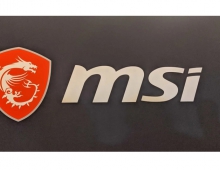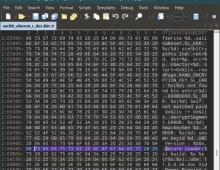
Hackers Steal Data From Millions Of Adobe Customers
Adobe Systems warned that hackers stole credit card numbers and other information relating to 2.9 million customers.
According to the company's Chief Security Officer Brad Arkin, the attackers accessed Adobe customer IDs and encrypted passwords on Adobe's systems. The company believes that the attackers removed from its systems certain information relating to 2.9 million Adobe customers, including customer names, encrypted credit or debit card numbers, expiration dates, and other information relating to customer orders. However, it appeared that the attackers did not remove decrypted credit or debit card numbers from Adobe's systems.
"Very recently, Adobe's security team discovered sophisticated attacks on our network, involving illegal access of customer information as well as source code for numerous Adobe products," Arkin said in a blog post.
"We deeply regret that this incident occurred," Arkin said. "We're working diligently internally, as well as with external partners and law enforcement, to address the incident."
Adobe was resetting the passwords of customers whose information was taken and alerting people whose credit or debit card numbers were swiped.
The company was also investigating the theft of source code (more info here) crafted into its products and said it didn't believe it increased the risk of hackers breaking into programs people may be using.
"Very recently, Adobe's security team discovered sophisticated attacks on our network, involving illegal access of customer information as well as source code for numerous Adobe products," Arkin said in a blog post.
"We deeply regret that this incident occurred," Arkin said. "We're working diligently internally, as well as with external partners and law enforcement, to address the incident."
Adobe was resetting the passwords of customers whose information was taken and alerting people whose credit or debit card numbers were swiped.
The company was also investigating the theft of source code (more info here) crafted into its products and said it didn't believe it increased the risk of hackers breaking into programs people may be using.





















